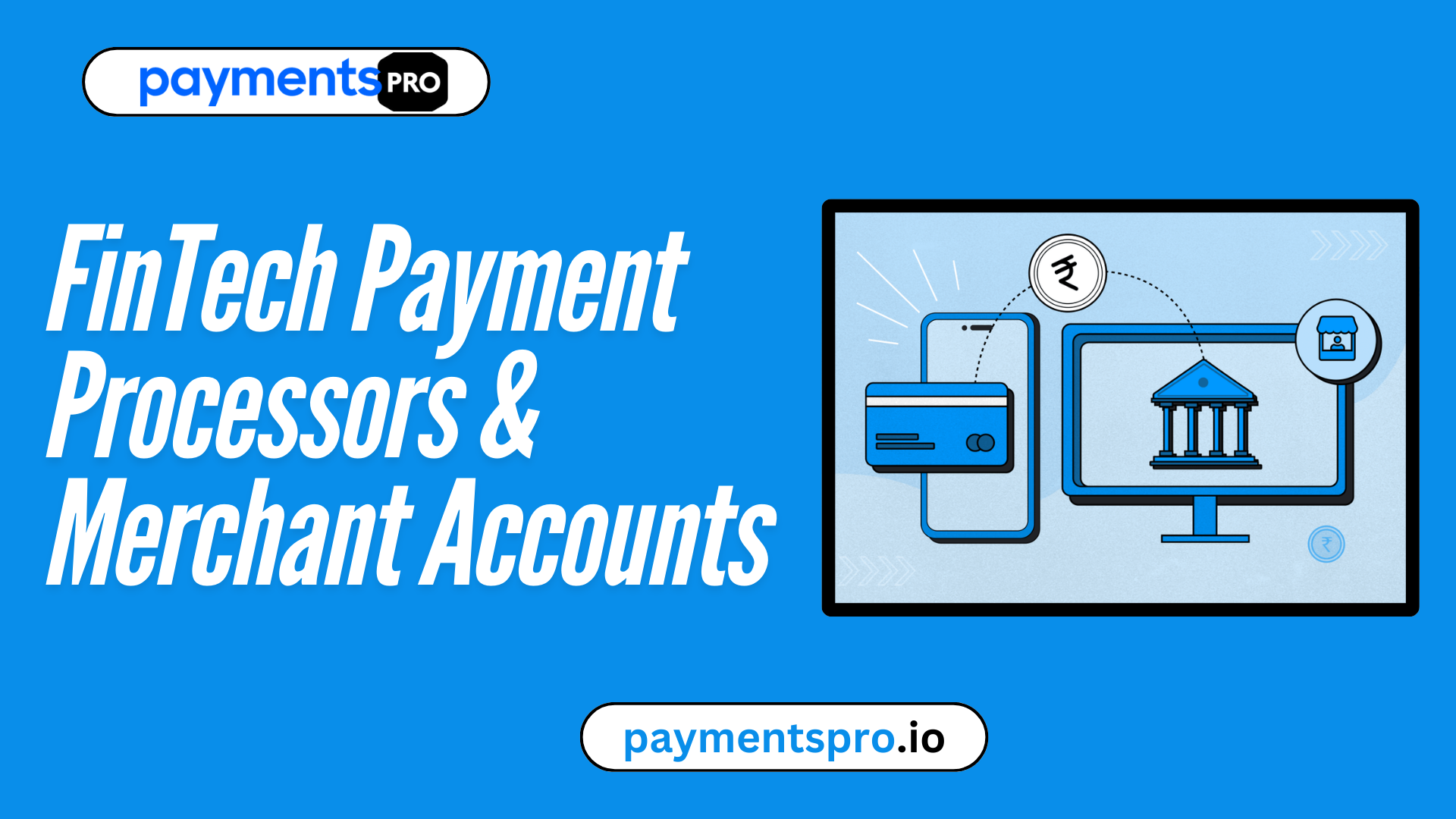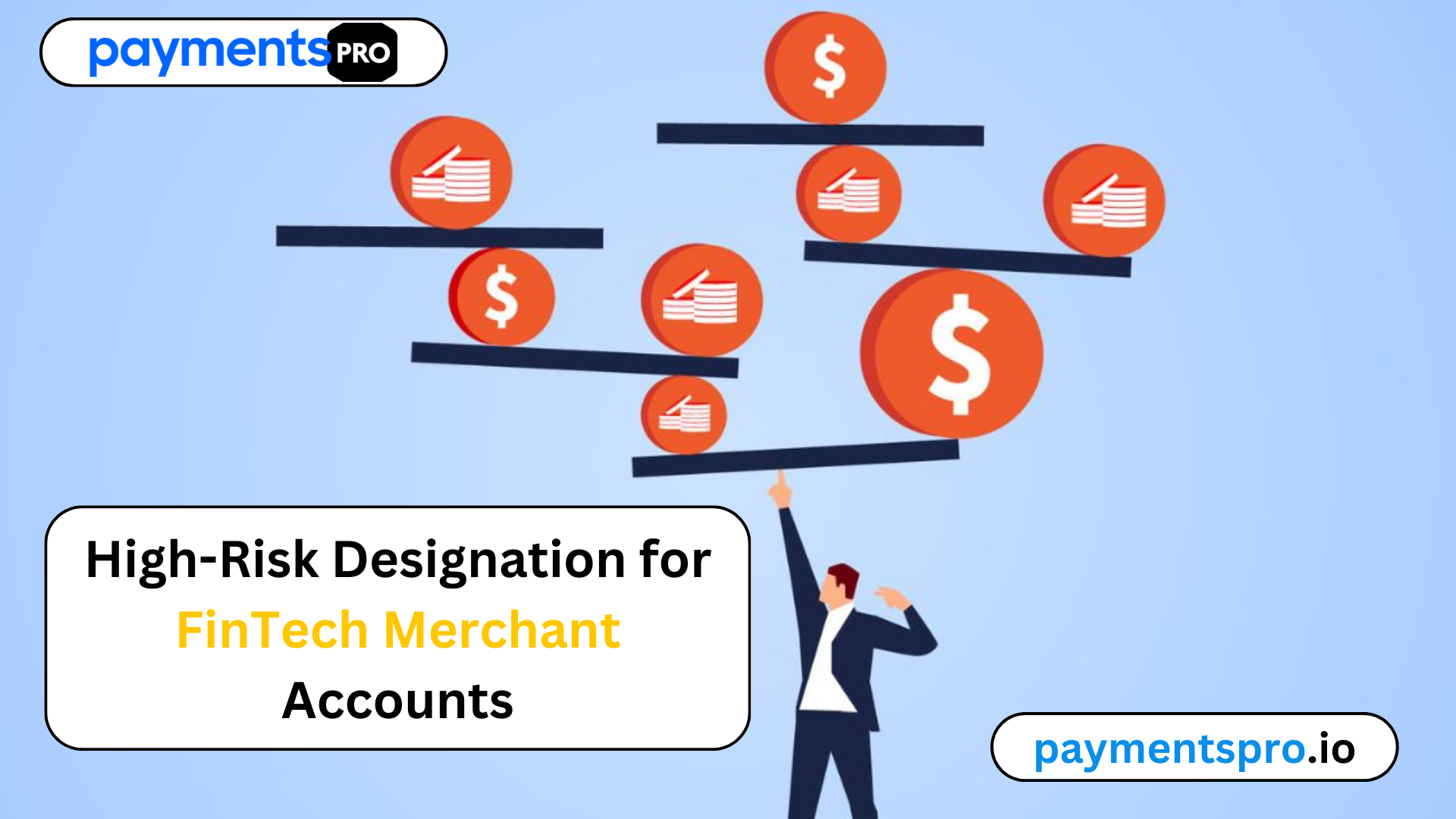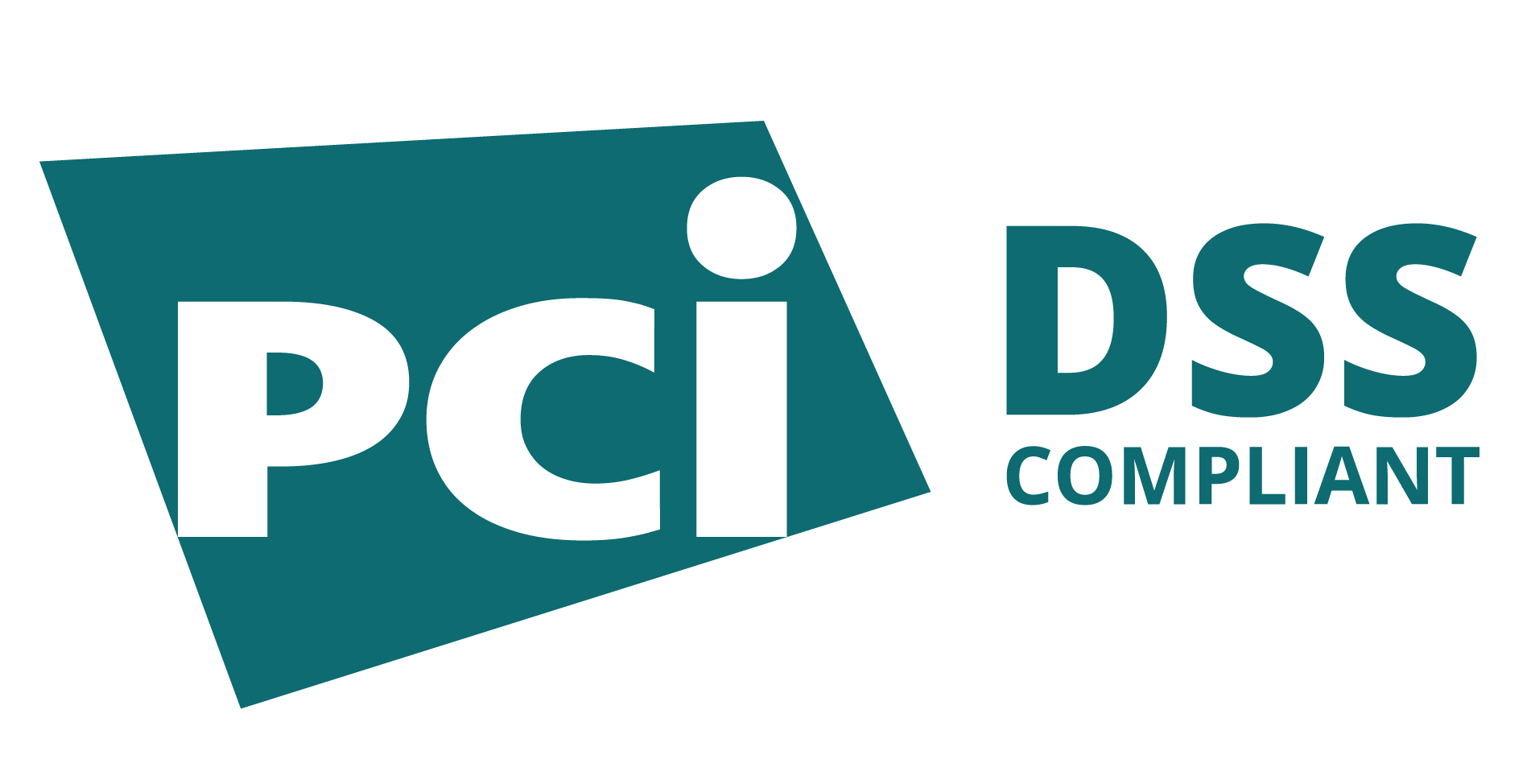In the age of digital transformation, payment systems are evolving at a rapid pace. Businesses today require innovative, secure, and efficient payment solutions to meet the demands of global commerce. The combination of FinTech payment processors and merchant accounts offers unparalleled opportunities for seamless transactions, robust security, and global reach. Let’s get an in-depth exploration of these critical components, the role of FinTech in modern payments, technologies, regulations, addressing trends driving the payment processing industry, and best practices to empower businesses in this ever-evolving industry.

What is a FinTech Merchant Account?
A FinTech merchant account is a specialized bank account that enables businesses to accept and process electronic payments. These accounts are particularly tailored for businesses operating in or benefiting from the financial technology sector. By integrating cutting-edge tools and solutions, FinTech customized accounts offer speed, scalability, and security, making them indispensable for modern businesses.
Features of FinTech Merchant Accounts:
- Advanced Technology Integration: Equipped with state-of-the-art payment processing software for smooth transactions.
- Diverse Payment Support: Capable of handling payments through credit cards, debit cards, mobile payment solutions, and even cryptocurrency payments.
- Risk Mitigation Tools: Built-in fraud prevention mechanisms ensure safe transactions.
- Customization for Industry Needs: Adaptable to the specific needs of businesses in various sectors, including high-risk industries. These features make FinTech specialized accounts a cornerstone of the FinTech ecosystem, empowering businesses to accept payments globally with confidence and security.
Understanding FinTech Payment Processors & Merchant Accounts
FinTech payment processors facilitate the transfer of funds between customers and businesses through advanced technologies and digital infrastructures. A merchant account, on the other hand, is a bank account that enables businesses to accept and process electronic payments. Together, these systems form the backbone of modern digital commerce.
Core Benefits of Combining These Solutions:
- Efficiency: Transactions are completed quickly and with minimal friction.
- Flexibility: Businesses can offer multiple payment options, including mobile payment solutions and cryptocurrency payments.
- Scalability: Systems are designed to handle increasing transaction volumes and expanding business needs.
- Enhanced Security: Integrates payment fraud prevention measures to protect customer data and transactions. This powerful combination allows businesses to cater to diverse customer needs while maintaining operational efficiency.
Understanding High-Risk Designation for FinTech Merchant Accounts
Some businesses are labeled as “high-risk” by financial institutions due to higher chances of chargebacks, fraud, or regulatory complexities. Industries like cryptocurrency, online gaming, and adult entertainment often fall under this category.

Challenges for High-Risk Businesses:
- Difficulty Securing Merchant Accounts: Traditional banks may hesitate to provide accounts to the businesses which are considered under risk .
- Higher Fees: Payment processing fees are often elevated due to perceived risks.
- Regulatory Scrutiny: Compliance with complex and evolving FinTech regulations adds additional layers of responsibility.
Solutions for High-Risk Businesses:
- Specialized Accounts: Tailored solutions for managing fraud, chargebacks, and regulatory requirements.
- Advanced Fraud Prevention Tools: Integration of AI and machine learning for real-time monitoring.
- Global Acceptance: Enables businesses to operate in multiple markets with cross-border compatibility. By choosing the right FinTech partners, such businesses can mitigate these challenges and thrive.
Choose a Specialized FinTech Payment Processor
A specialized FinTech payment processor is equipped with the technology and expertise to address modern payment challenges. These processors go beyond simple transaction facilitation, providing tools to optimize and secure every step of the payment journey.
Key Attributes of Specialized Processors:
- Open Banking Integration: Facilitates real-time access to customer financial data for seamless payments.
- Scalability: Designed to grow with your business, handling increasing transaction volumes and new payment methods.
- Support for Emerging Technologies: Integration with cryptocurrency payments and AI-driven fraud prevention tools.
- Global Capabilities: Simplifies cross-border payments and SEPA payments, empowering businesses to expand internationally. Choosing a specialized processor ensures that businesses remain agile and competitive in a rapidly evolving market.
Secure Payment Gateway Solutions
A secure online payment gateway is essential for ensuring that transactions are conducted safely and efficiently. Acting as an intermediary, the payment gateway encrypts sensitive customer data to prevent unauthorized access. Robust payment processing software and security protocols ensure the safety of transactions.
Key Benefits of Secure Payment Gateways:
- Payment Gateway Security: Protects data during transmission between the customer and merchant.
- Payment Fraud Prevention: AI-driven tools detect and mitigate fraudulent activities.
- Diverse Payment Support: Enable payments through digital wallets, credit cards, and even cryptocurrencies.
- Improved User Experience: Faster transaction processing ensures customer satisfaction. A secure payment gateway not only protects businesses and customers but also builds trust and loyalty.
FinTech Solutions for Merchant Accounts
FinTech Payment Processors innovations have transformed traditional trading accounts into dynamic solutions that cater to the needs of modern businesses.
Key FinTech Payment Processors Solutions:
- Payment Orchestration Platforms: Simplify the management of multiple payment providers and methods.
- Recurring Payments: Automate subscription billing with accuracy and timeliness.
- Global Compatibility: Facilitate international payments while minimizing transaction fees.
- Advanced Analytics: Provide insights into transaction trends, customer behavior, and payment preferences. These solutions make merchant accounts more powerful and adaptable, helping businesses scale and succeed in competitive markets.
The Role of Merchant Accounts
A merchant account is vital for businesses to accept electronic payments. It serves as an intermediary between the payment gateway and the bank account. Here are its types:
- E-commerce Merchant Accounts: Tailored for online businesses, enabling them to accept credit and debit card payments securely.
- High-Risk Merchant Accounts: Designed for businesses in industries with higher chargeback rates or fraud risks. Opening a merchant account requires adherence to stringent payment processing regulations and vetting by banks or payment processors.
Regulations Shaping the Payment Processing Industry
Compliance with regulations is critical for any entity involved in payment processing. Governments and regulatory bodies enforce standards to protect consumers and maintain financial stability.
Key Regulations:
- PSD2 Compliance: Mandates secure and transparent payment processes within the EU.
- Open Banking Standards: Encourage data-sharing between banks and third-party providers to foster innovation.
- Anti-Money Laundering (AML) Laws: Require stringent identity verification and monitoring.
- FinTech Regulations: Ensure that financial technology firms operate responsibly and securely. Businesses must stay informed about regulatory changes to avoid penalties and maintain customer trust.
FinTech Innovations and Trends
The FinTech ecosystem thrives on continuous innovation, introducing technologies that enhance payment systems. Some of the most notable trends include
Emerging Trends:
- European FinTech Startups: Companies like Stripe and Klarna are revolutionizing the way payments are processed, making them faster and more secure.
- Payment Orchestration Platforms: Centralized systems managing multiple payment providers to optimize costs and streamline processes.
- Cryptocurrency Payments: The integration of blockchain technology to enable secure, decentralized transactions
- AI in Fraud Prevention: Machine learning algorithms identify and mitigate threats in real time.
- Payment Technology Trends: Developments like biometric payments and voice commerce are redefining convenience.
- FinTech Partnerships: Collaborations between traditional financial institutions and startups drive innovation.
- Global Expansion: New solutions are simplifying cross-border payments and increasing access to emerging markets. These trends ensure that businesses remain at the forefront of technological and market advancements.
Selecting the Best FinTech Merchant Account
Selecting the right FinTech Payment Processors is a critical step for any business. The right account ensures smooth operations, robust security, and compliance with regulatory standards.
Key Considerations:
- Industry Experience: Look for providers with expertise in the FinTech ecosystem to ensure tailored solutions.
- Fee Transparency: Understand all charges, including payment processing fees, setup costs, and penalties.
- Regulatory Adherence: Ensure compliance with standards like PSD2 compliance and other local regulations.
- Technology Integration: Support for tools like payment orchestration platforms and recurring payments is essential for scalability.
- Security Features: Robust encryption, tokenization, and fraud detection should be non-negotiable. Choosing the right merchant account provider ensures a strong foundation for business growth and stability.
Why Choose Payment Pro ?
Payment Pro is a leading name in the FinTech payment processors landscape, offering a suite of services tailored to meet the needs of diverse businesses. Here’s why it stands out:

- Comprehensive Digital Payment Solutions: From mobile payment solutions to online payment gateways, Payment Pro provides versatile options to cater to all transaction types.
- Advanced Security Features: Cutting-edge payment fraud prevention and secure online payments ensure that your customers’ data is always protected.
- Global Reach: With support for cross-border payments and SEPA payments, Payment Pro facilitates international commerce with ease.
- Affordable Payment Processing Fees: Transparent and competitive pricing ensures you know exactly what you’re paying for.
- Support for High-Risk Merchant Accounts: Businesses in high-risk industries can access reliable and efficient transaction processing.
Conclusion:
The combination of FinTech payment processors and merchant accounts is reshaping the payments landscape. These tools enable businesses to process transactions efficiently, secure sensitive data, and comply with evolving regulations. By embracing FinTech Payment Processors innovations like secure payment gateway solutions, cryptocurrency payments, and AI-driven fraud prevention, businesses can not only meet today’s demands but also prepare for the future. Whether you’re navigating high-risk merchant accounts, adopting PSD2 compliance, or scaling operations with cross-border payments, staying informed and leveraging the right FinTech Payment Processors partners is key. The payment transaction industry is more dynamic than ever, and businesses equipped with the right tools and insights are poised for unparalleled success.
FAQs
What is payment processing?
Transaction processing involves the series of steps that transfer funds from a customer’s account to a merchant’s account during a transaction. It includes data authorization, verification, and settlement, often facilitated by online payment gateways and FinTech Payment Processors.
What are FinTech Payment Processors?
These are companies that use financial technology to streamline transactions, offering services like mobile payment solutions, cryptocurrency payments, and secure online payments.
What is a FinTech Payment Processors merchant account?
A merchant account is a specialized bank account for businesses to accept electronic payments. FinTech enhancements include tools for fraud prevention, subscription billing, and global payment compatibility.
Why are some businesses classified as high-risk?
Certain designation stems from higher chargebacks, regulatory scrutiny, or fraud potential. Examples include cryptocurrency platforms and subscription-based businesses.
What is PSD2 compliance?
PSD2, or the Payment Services Directive 2, is a regulation in the EU that enhances payment security and fosters innovation through standards like two-factor authentication and open banking.
What are recurring payments?
These are automated transactions that occur at regular intervals, commonly used in subscription billing.
What is a secure payment gateway?
A secure online payment gateway encrypts and transmits payment data, ensuring safe transactions between customers and businesses.
How do cross-border payments work?
Cross-border payments facilitate international transactions, often utilizing tools like SEPA payments for efficiency.
How can businesses benefit from FinTech Payment Processors partnerships?
Collaborating with FinTech Payment Processors enables access to cutting-edge solutions like AI-driven analytics, blockchain technology, and open banking.
What’s next in transaction processing?
Expect advancements in AI fraud prevention, cryptocurrency adoption, and seamless payment integrations through orchestration platforms.


